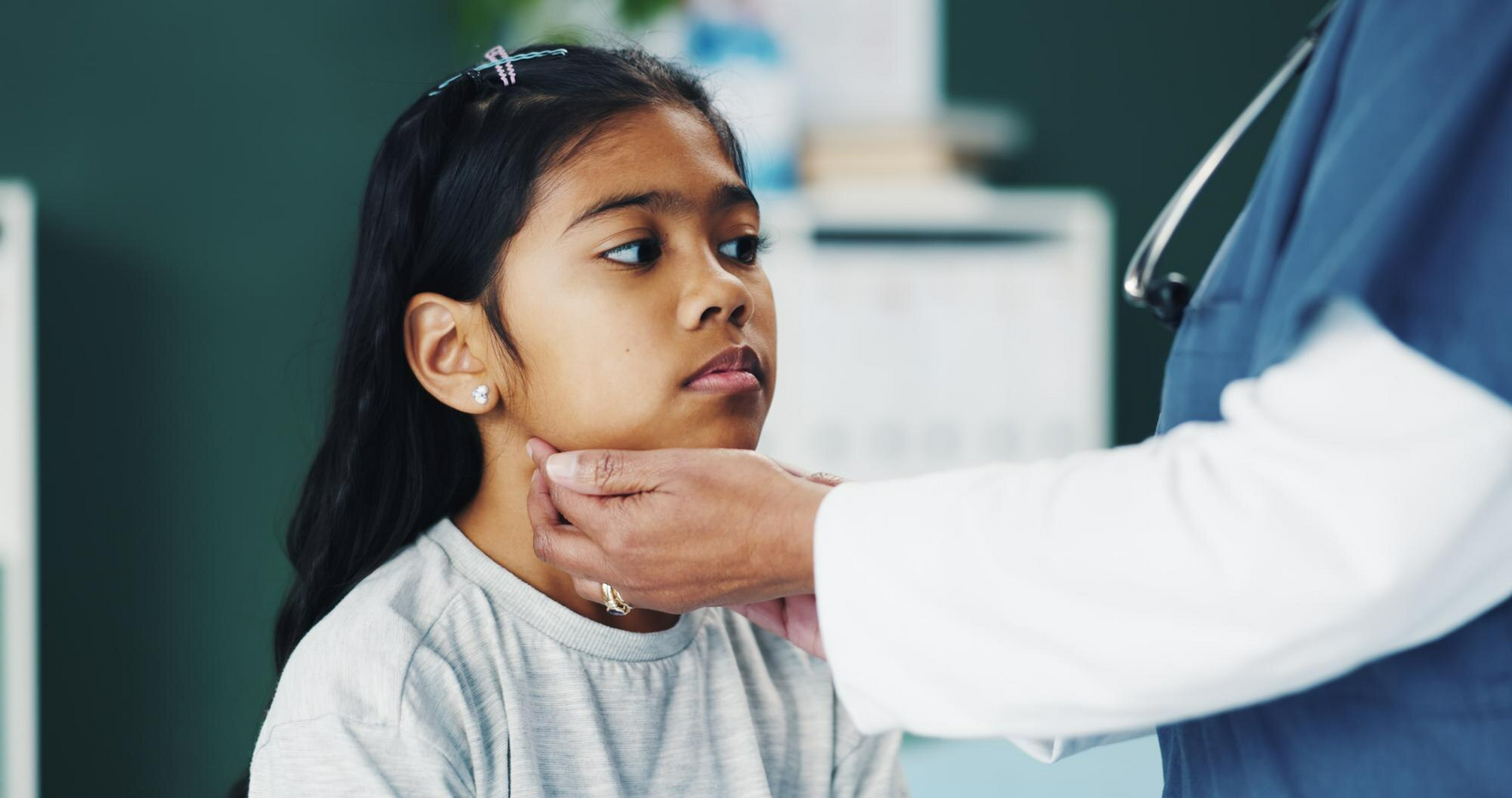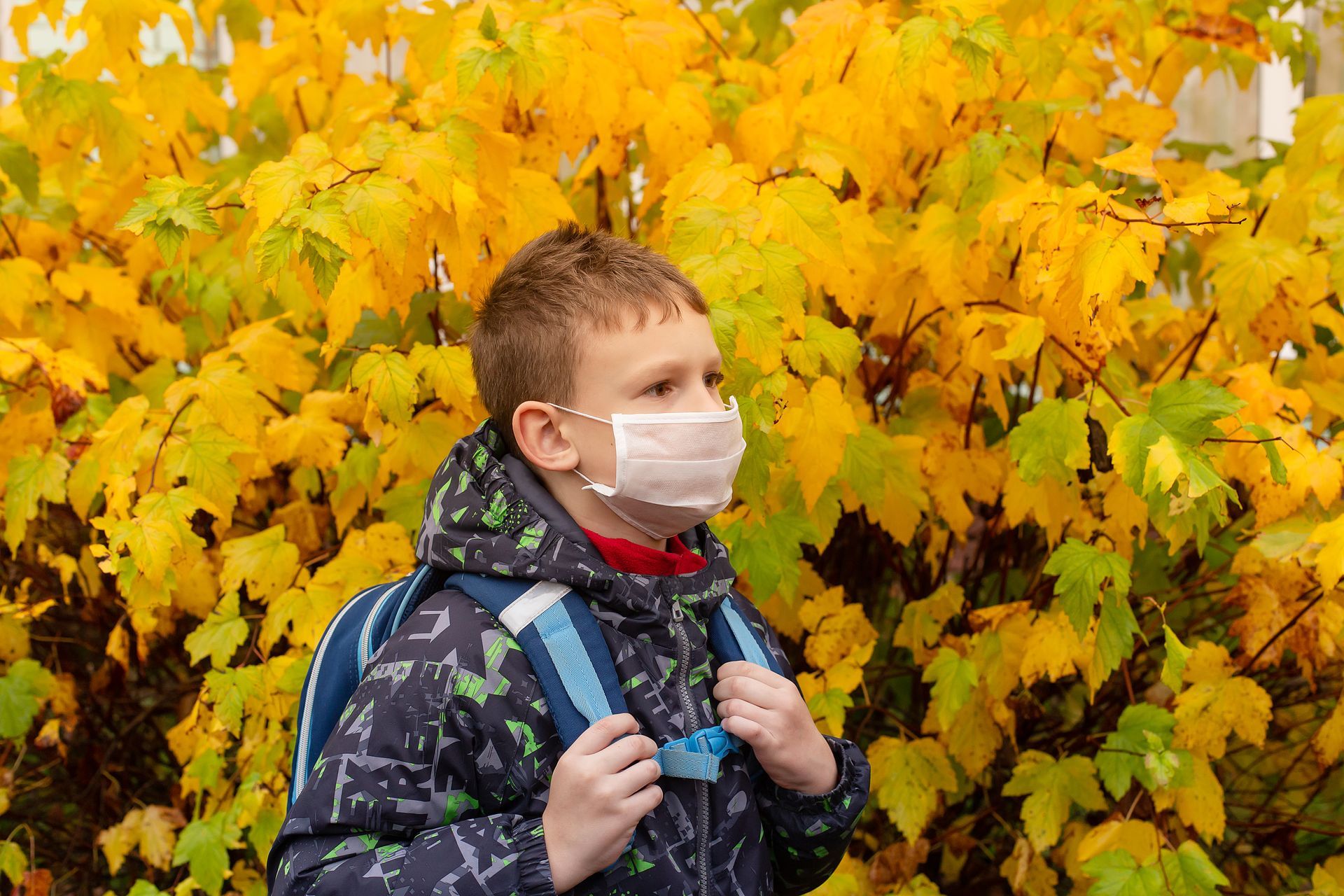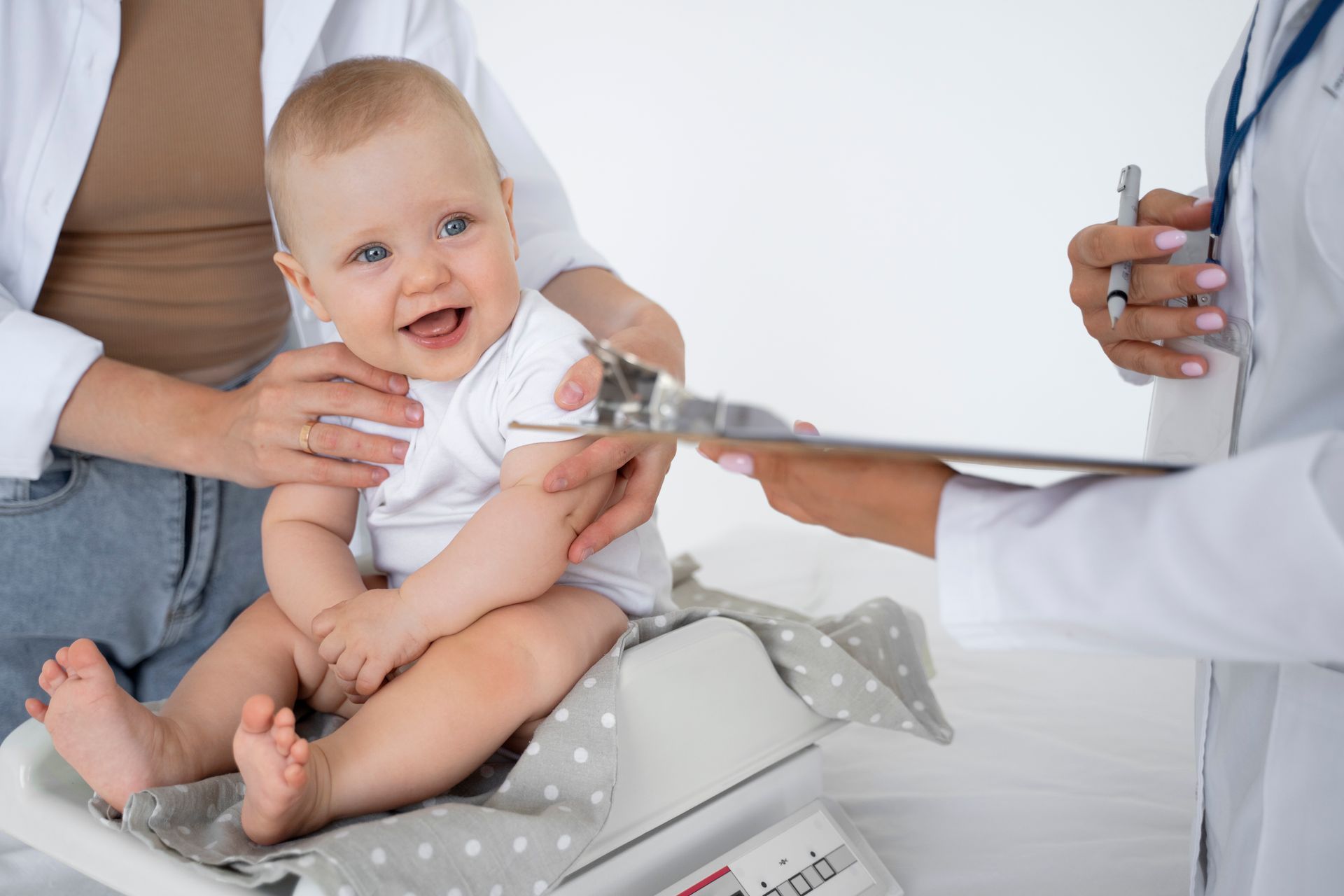The Importance of Back to School Sport Physicals for Children

With the new school year rapidly approaching, it's essential to start thinking about your child's health and well-being. It is also vital to consider scheduling sports physicals for children as this new school year begins. These check-ups are needed to ensure your child is healthy enough to participate in sports and to spot any potential health issues that need attention.
In this blog, we'll dive into the significance of a youth sports physical and why it should be a part of your back-to-school to-do list. This article explains the benefits of sports physicals for your child returning to school and what to expect during the exam.
What Are Back-to-School Sports Physicals?
Back-to-school sports physicals, or pre-participation physical examinations (PPE), are comprehensive medical check-ups designed to assess your child's health and preparedness for sports activities in the coming school year. Schools and sports organizations typically require them annually to ensure the safety and well-being of young athletes.
These physical exams are crucial as they help identify potential health risks that could jeopardize your child's safety while engaging in sports. By evaluating your child's medical history and current physical condition, these exams determine whether they are physically capable of participating in their chosen sport and highlight any specific precautions or recommendations that need consideration.
The Importance of Back-to-School Sports Physicals
"What is sports physical for?" As parents, you would want to learn about back-to-school physicals. It is crucial to comprehend the purpose and significance this has for your child's health and preparedness when participating in sports. In response to this question, let's break it down for you:
1. Emphasis on activity-related risks
Whatever activity your child wants to pursue, focusing on evaluating the cardiac, neurological, and musculoskeletal systems during a sports physical is necessary due to the potential risks and complications associated with sports activities. This emphasis helps ensure the safety and well-being of the individual participating in sports.
2. Ensuring your child is fit and safe enough to play sports
Sports can be physically demanding, and ensuring your child is up for the challenge is important. The doctor can assess your child's overall fitness level, including endurance, agility, and strength. This will ensure they can safely handle their chosen sport's demands.
3. Reducing the risk of injuries
Seeing your child in pain is the last thing you want; a sports physical can help identify potential injury risks. Assessing things like joint stability, flexibility, and posture will help prevent the risk of your child getting hurt while playing sports.
4. Encouraging children to continue leading a healthy lifestyle outside of sports
Sports physicals provide an excellent opportunity to discuss overall health and wellness with your child. Doctors can offer advice on proper nutrition, hydration, and rest and even touch on mental health and stress management topics.
As you can see, getting a back-to-school sports physical for your child is no small matter. This ensures their physical safety while participating in sports and encourages them to take ownership of their overall health and well-being.
How to Do a Sports Physical
During a back-to-school sports physical, several steps and assessments occur to ensure your child is physically fit for sports activities. To conduct a sports physical, the medical professional will:
A. Gather and Review Medical History
The healthcare provider will collect and review the child's medical history, including past illnesses, injuries, surgeries, or chronic conditions. This helps identify potential risk factors and provides significant context for the physical examination.
B. Provide Physical Examination
The pediatrician will perform a thorough physical examination, which will include checking the following:
- Weight
- Height
- Heart rate
- Blood pressure
- Respiratory rate
They will also assess the child's overall physical development, including the cardiovascular and neurological systems.
C. Assess Flexibility and Strength
The healthcare provider will evaluate the child's musculoskeletal flexibility and muscle strength to assess their physical capabilities for sports activities. This could involve simple movements, stretches, or strength tests.
D. Screen Your Child’s Vision and Hearing
The healthcare provider will assess your child's vision and hearing during the sports physical to determine their readiness for sports activities. This may involve conducting basic tests, such as having your child read an eye chart or respond to a series of tones to evaluate their visual acuity and auditory function.
E. Complete Required Forms
When conducting a sports physical for a school or sports organization, the healthcare professional completes health history forms or paperwork required to certify the child's eligibility for participation.
Overall, a back-to-school sports physical assesses the child's physical health, identifies potential issues or risks, and provides necessary guidance to ensure their safety and well-being during sports activities. It is an opportunity for healthcare providers to promote healthy habits, address concerns, and support the child's overall development as an athlete.
Frequently Asked Questions on Back-to-School Sports Physicals
When should my child get a sports physical or PPE?
Answer: The timing for a sports physical or preparticipation physical evaluation (PPE) could vary depending on your child's school or sports organization requirements. However, it is generally recommended to schedule the sports physical or PPE at least 6-8 weeks before the start of the sports season. This allows for any necessary follow-up evaluations or treatments, as the American Academy of Pediatrics (AAP) recommends.
Who will perform the sports physical for my child?
Answer: A licensed doctor (doctor of medicine or osteopathy) with specialization or experience in sports medicine or an advanced practice registered nurse should perform the preparticipation physical evaluation (PPE). The healthcare provider conducting the PPE will assess your child's medical history, perform a thorough physical examination, and provide clearance for their participation in sports activities based on established recommendations and evidence. It's important to note that at the collegiate level, team physicians can prevent a student from participating in athletics if necessary.
Can I have my child vaccinated during sports physicals?
Answer: The Centers for Disease Control and Prevention says any doctor's appointment is an excellent immunization opportunity. You can acquire recommended immunizations for your child during any appointment with your child's doctor, including sports physicals or annual exams before the school year.
Schedule a Back-to-School Sports Physical with the Experts
Sports physicals are crucial in assessing their health, identifying potential issues, and ensuring their readiness for sports. By prioritizing these physicals, you actively support your child's athletic journey and set them up for a safe and successful school sports experience. So, don't hesitate to make an appointment with your child's healthcare provider to give them the best start to the new school year.
When you search for "school sport physical in Fresno, California" and "kids sports physicals clinic," this will lead you to the experts, Sang Pediatrics. Our experienced team will dedicate to conducting thorough examinations and provide personalized care, ensuring your child is ready to embark on the school sports period. Call us at (559) 268-1737 to schedule an appointment.










